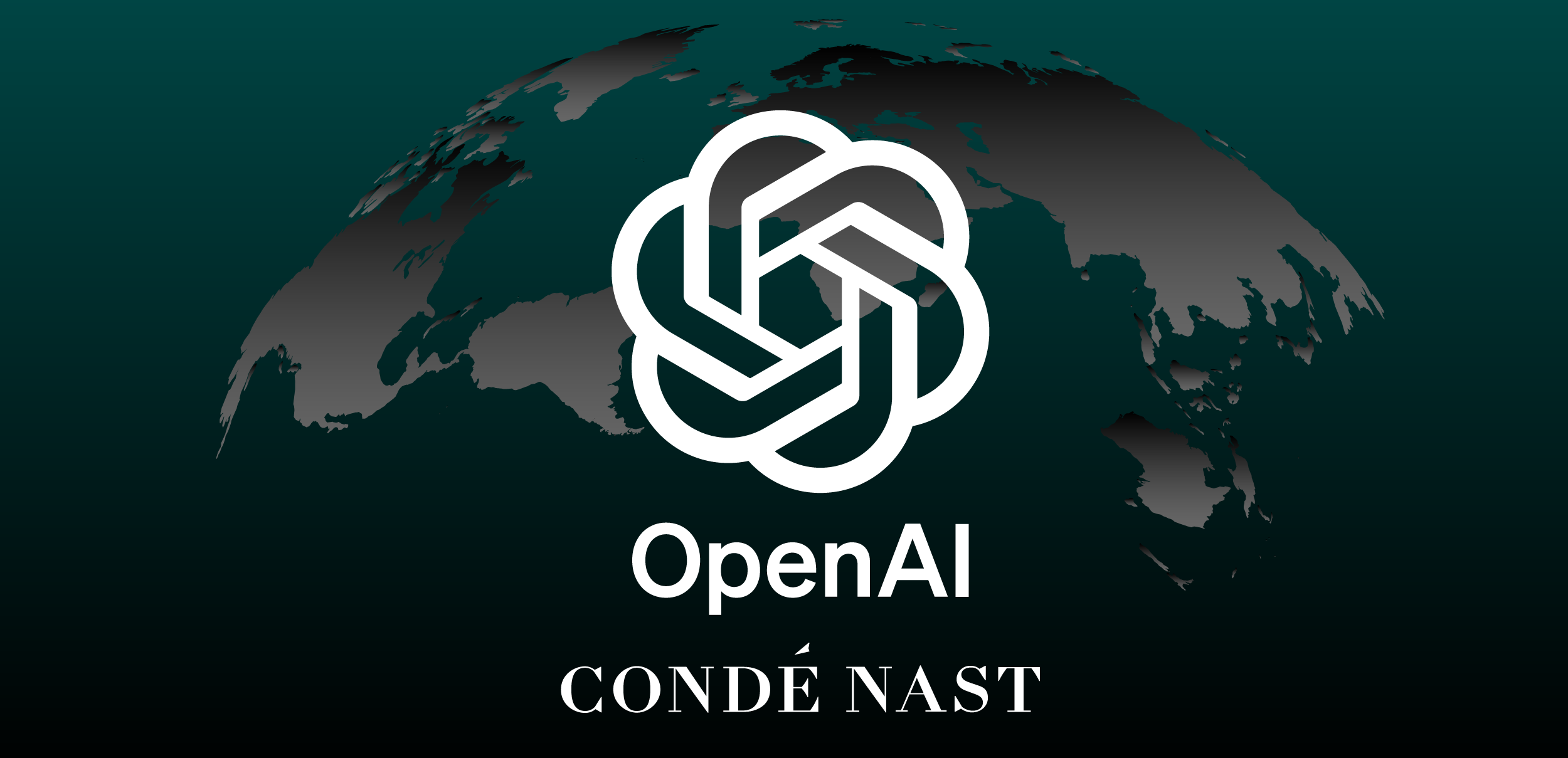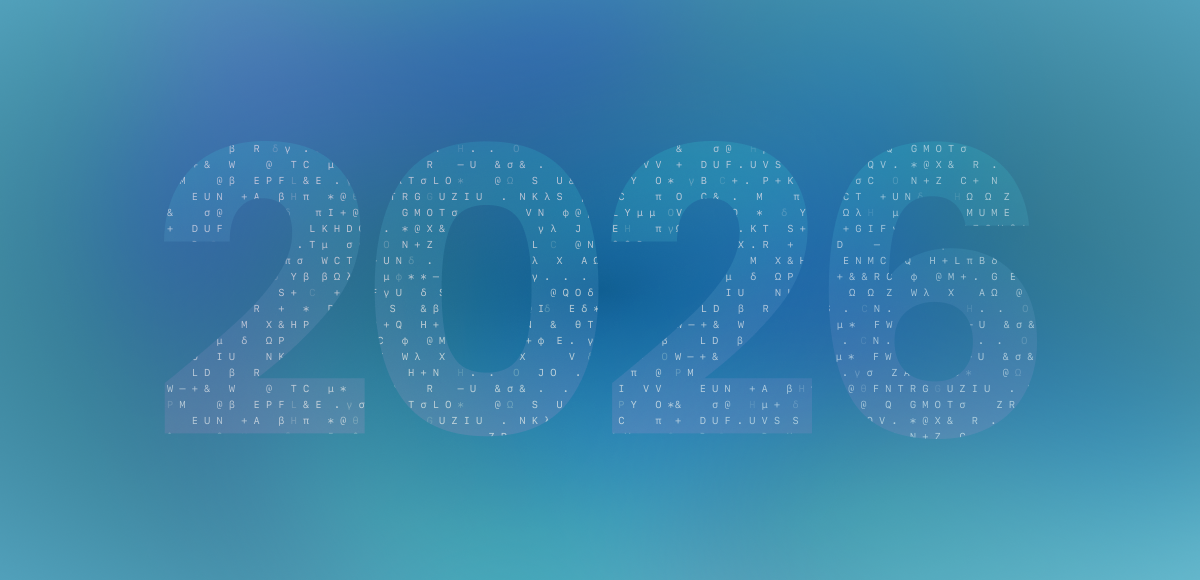Condé Nast’s Deal with OpenAI: Is History Just Repeating Itself?
By Chen Pesses | September 12, 2024

In a move that signals a potential shift in the media landscape, Condé Nast licensed content to OpenAI to fuel ChatGPT and SearchGPT. This would be content from leading brands under Condé Nast, such as GQ, The New Yorker, Vanity Fair, and Vogue.
History Repeating Itself
Condé Nast is far from being alone in striking a deal with OpenAI. Major publishers such as The Associated Press and Vox Media have joined the band. It clearly indicates that many publishers are adopting an ‘if you can’t beat them join them’ strategy.
Meanwhile, others, like The New York Times, don’t shake hands with AI. They take a more aggressive approach, suing OpenAI and Microsoft for alleged copyright infringement.
Both strategies look similar to past technological disruptions to publishers. We’ve seen it before. As new technologies emerge, they simply utilize content without compensation. This leads to a scramble for deals that may be lucrative in the short term but often prove unsustainable in the long run.
Short-Term Gains vs. Long-Term Sustainability
It’s easy to understand why publishers, even the largest ones, are drawn to the short-term financial benefits. With audiences consuming content differently and traditional digital revenue streams drying up, a quick cash influx can be a lifesaver. Even Condé Nast’s CEO, Roger Lynch, admitted that the OpenAI partnership would help recoup losses from declining digital revenue. He also highlighted the importance of embracing new technologies and ensuring proper attribution with compensation for their content.
On the other side of the deal, for OpenAI, the benefits are also clear. Partnering with renowned publishers enhances the credibility and reliability of its AI products. By leveraging high-quality, well-sourced content, OpenAI can ensure that its users receive accurate and trustworthy information. As AI plays an increasingly important role in how people discover and engage with content, maintaining accuracy and integrity will be crucial.
The Future of AI and Publisher Partnerships
While the partnerships between publishers and AI companies may seem like pragmatic responses to a changing media landscape, the long-term implications remain unknown. As with past technological disruptions, it remains to be seen whether these deals will stand the test of time or become just another chapter in the ongoing saga of media adaptation to new technologies. The financial appeal is there, but the future of the industry is far from settled.
Latest Articles
-

The Doctor Everyone’s Seeing: YouTube, AI Search, and the New Rules of Visibility
Google’s AI Overviews are reshaping discovery by deciding which sources appear in answers — often before users ever click. As search shifts from clicks to citations, traditional performance metrics no longer tell the full story. This article explores what visibility really means in an AI-mediated web, and why competitive intelligence is now essential.
View Now -

The Vanishing Web: What Google’s Admission Really Means for Advertisers
For years, Google insisted the open web was thriving. Then, in a legal filing, it admitted the opposite. For advertisers, the real risk isn’t where ads run, but how much of what happens around them can still be seen, understood, and measured.
View Now -

What the RSL Standard Signals About the Future of Visibility in 2026
When Reddit, Yahoo, Medium, and several of the web’s biggest content platforms announced a new Really Simple Licensing (RSL) standard, most coverage focused on the politics: platforms finally demanding compensation from AI companies; a new legal framework for training data; the good old open-web fight. But if you take one step back, something bigger comes into focus. For the first time, publishers are trying to engineer visibility - not for users, but for AI agents. And advertisers should be paying attention.
View Now
